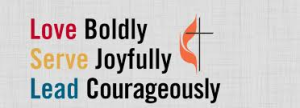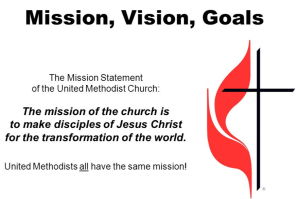Hello Broadway!
And here we are again! This week I thought I'd look at a word that is heard fairly often in a church setting: canon. Not cannon, like artillery, but canon with one N.
It comes from the Greek kanon, meaning a straight bar/ruler; something that served as the standard, and thus set the template for that which came after it.
In ecclesiastical settings, it has come to mean the accepted central beliefs of the church - the books of the Bible that are included (which differs, sometimes, among denominations), etc.
So it's basically the...laws, the rules. To go back to the original meaning, canon is meant to be the ruler by which we measure out the Bible.
But it's also far more mutable than one would think. Different denominations, as I mentioned, sometimes have different canons; sometimes those differences are small, sometimes extremely large.
To look at it from a linguistic angle (as I so often do) - different canons could be interpreted as different 'dialects' of the Bible. Different enough to be obvious, usually, but similar enough to be recognizable as the same language - the same belief system. And just as the dialects we speak serve to separate us, they also serve to underscore the similarities - inasmuch as we do, ultimately, understand each other, even if sometimes that understanding requires some explanation of things particular to whatever dialect we or the person we're speaking to uses.
So then, if canons are dialects of the Bible - the Bible is the language that, despite having different forms, unites us all.




